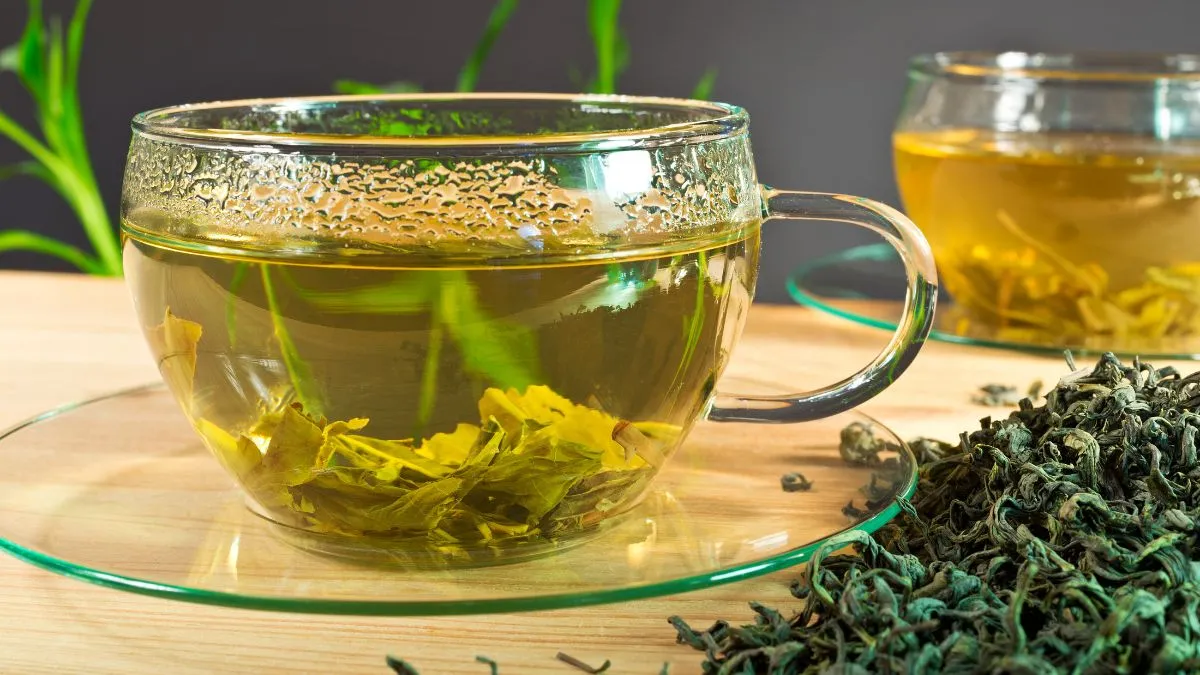Green tea has long been touted as a miracle elixir, boasting an impressive array of health benefits that have captivated the attention of wellness enthusiasts worldwide. With its rich antioxidant profile, metabolism-boosting properties and gentle energising effects, it’s no wonder that green tea has become a staple in many health-conscious households. However, beneath its seemingly innocent surface, green tea conceals a more complex reality, one that reveals potential drawbacks and contraindications that demand careful consideration.
As we delve into the nuances of green tea consumption, a critical question emerges: who should not have or exercise caution when incorporating this beloved beverage into their daily routine? Here, we’ve listed groups of people who should not drink green tea.
People Who Should Avoid Green Tea
People With Stomach Sensitivity
Those with stomach sensitivity or pre-existing conditions like acid reflux, stomach ulcers, or irritable bowel syndrome (IBS) may discover that green tea aggravates their symptoms. The elevated tannin levels in green tea can inflame the stomach lining, triggering discomfort, nausea, and heartburnAvoiding green tea or consuming it in moderation can help alleviate these issues.
People Sensitive To Caffeine
Individuals who are caffeine-sensitive or experience adverse reactions such as jitteriness, anxiety or irregular heartbeats after consuming caffeine should avoid green tea. While green tea contains less caffeine than coffee, it can still trigger adverse reactions in caffeine-sensitive individuals, disrupting sleep patterns and daily activities.
Who should not drink green tea? (Image Credits: Canva)
Children
Children and adolescents should limit or avoid green tea due to its caffeine content and potential interactions with medications. Caffeine can also affect children’s developing brains and bodies, leading to an increased heart rate, blood pressure and anxiety levels, making it essential for parents to monitor and regulate green tea consumption.
ALSO READ: 5 Energising Coffee Alternatives That’ll Keep You Awake Without Jitters
People With Certain Health Conditions
People with anxiety disorders, bleeding disorders or osteoporosis are advised to approach green tea consumption with caution due to potential adverse interactions. The caffeine and catechins in green tea can exacerbate anxiety symptoms, interact with blood thinners, or interfere with calcium absorption, respectively.
